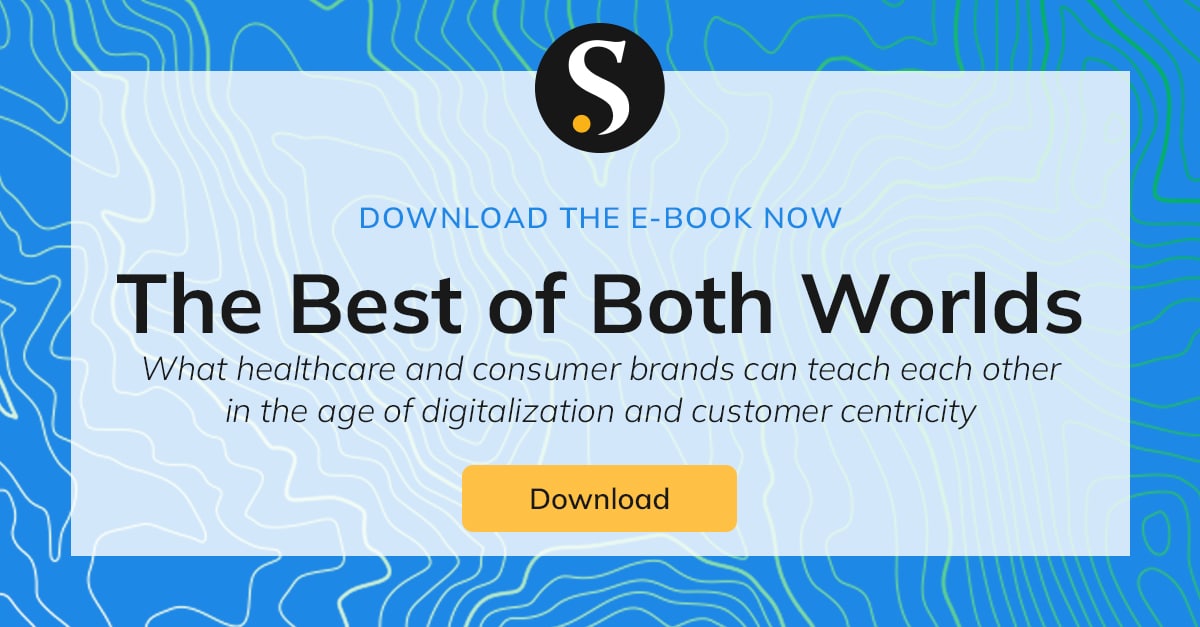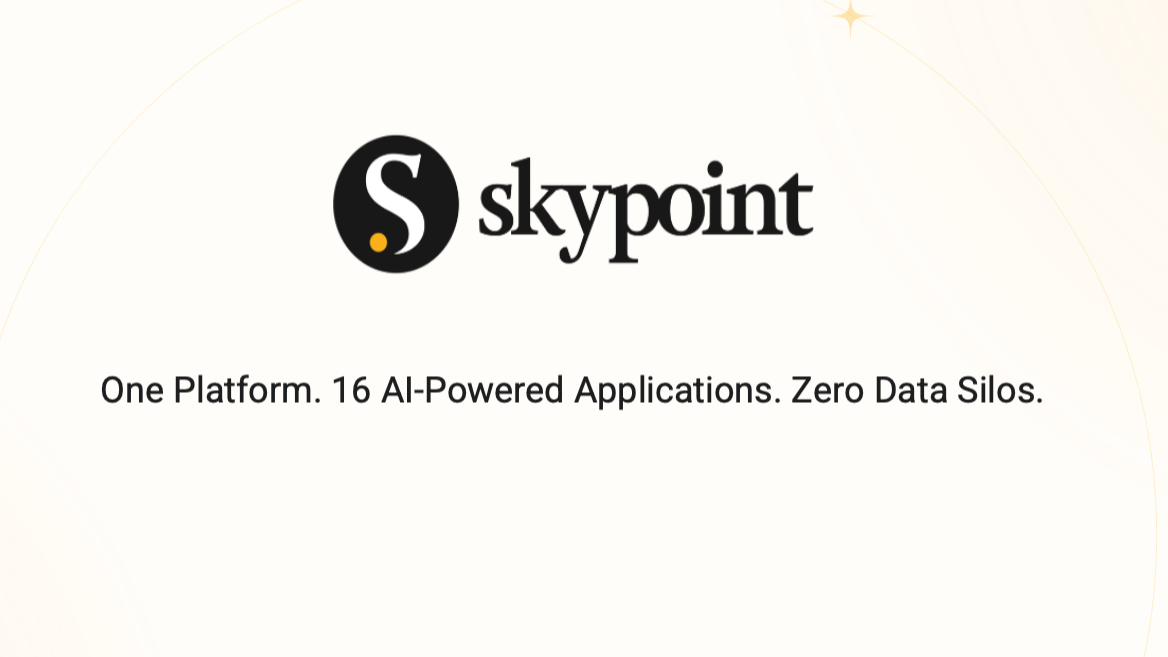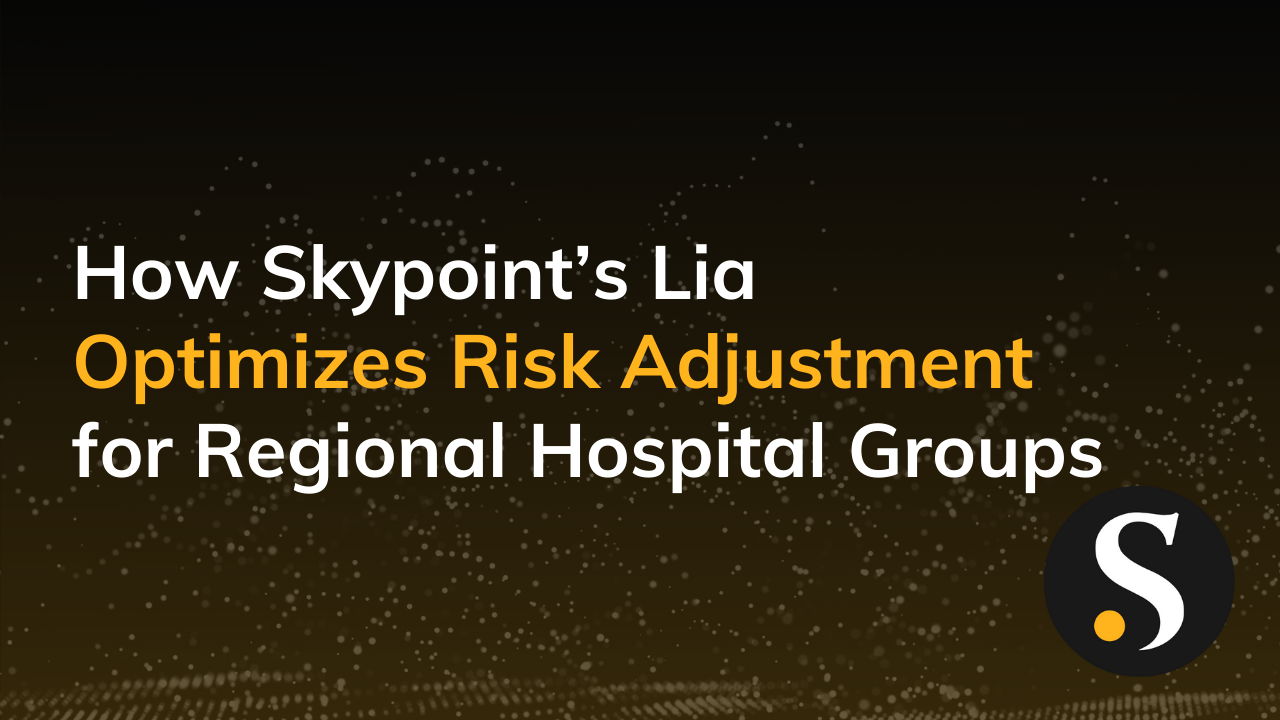Data continues to be an invaluable asset for organizations. However, this asset brings countless risks for brands as well.
Privacy and compliance are a matter of great concern since reliance on data to drive business decisions has never been higher. With the onset of increasing data privacy laws, it’s necessary for brands across industries to act diligently.
An unparalleled combination of digital transformation and privacy legislation has led us to a highly complex situation where only customer-centric brands will survive. As a result, major players in the market and those that acknowledge this phenomenon as an opportunity have been exhausting all possibilities to make hay while the sun still shines.
Learning from peers is an effective strategy, one that happens frequently and casually between brands working in the same industry. However, businesses operating in uniquely different industries can also use this learning strategy to gain a better perspective and adopt new practices.
Let’s look at how healthcare and consumer brands are leveraging the same valuable asset…data. We’ll also explore what these brands can learn from each other to get the most out of their data to increase revenue while maintaining privacy compliance.
How Healthcare Brands are Leveraging Data
The healthcare industry handles a variety of data, including claims, surveys, diagnostic data, and pharmaceutical records. Medical records need to be organized into comprehensive categories highlighting an individual patient or group’s history and timeline.
This data is critical for a person’s health and treatment outcomes. At the same time, sensitive patient information must also stay protected as per data privacy legislation.
Here’s how the healthcare industry is continuing to innovate and safeguard when it comes to patient data…
Interoperability
The 21st Century Cures Act Interoperability and Patient Access Final Rule that went into effect on January 1, 2021, is a monumental step for the accessibility of patient data. Enforced as of July 1, 2021, this new rule works to eliminate siloes that prevent seamless patient data exchange—which ultimately empowers providers to optimize the care journey while giving patients the power to manage their health information.
To support interoperability and achieve CMS compliance, forward-looking healthcare organizations are implementing healthcare data platforms to gain a complete view of patient data across the clinical delivery spectrum, automate workflows, and identify new data opportunities
Data Transparency
Patient involvement, collaboration, and engagement improve the accuracy of health records. If a patient has access to their health records, they are able to control and correct information as needed.
This data transparency eventually leads to increased health literacy, more informed decisions, and increased collaboration between providers and patients. In addition, a well-organized and complete medical record helps caregivers perform accurate patient diagnosis and treatment, and eventually, promote better patient outcomes.
Data Privacy
Government regulations, such as HIPAA in the U.S., mandates health service providers to make necessary arrangements for privacy and compliance when handling patient health records. As a result, integrated healthcare data platforms and compliance frameworks are often incorporated into everyday operational processes.
A healthcare data platform like Skypoint Cloud aligns with the most current legislation and automates the compliance process. This technology protects patients by safeguarding their data and protects healthcare organizations that are managing and leveraging that sensitive information.
How Consumer Brands are Leveraging Data
Consumer data is undoubtedly a brand and business essential. Today, privacy is an irrefutable part of data management with the ever-expanding list of privacy legislations that are joining more commonly known data privacy laws like CCPA, CPRA, and GDPR.
Due to power skewing in the customer’s favor and increasing data privacy concerns, customers dictate the path to purchase. Businesses have developed exceptional countermeasures to meet safety and compliance requirements without affecting their overall revenue or performance.
Let’s look at some commendable data techniques that consumer brands have been practicing…
Data Collection
Leading consumer brands have established rigorous measures to make sure every step of data collection happens diligently. These brands know the risks of storing and managing sensitive personal information so they emphasize certain mandatory factors such as consent and personal data identification.
Data privacy laws mandate businesses to process data lawfully, fairly, and transparently. In addition, the collected data must be relevant and limited to the requirements for which it is processed.
To stay compliant with these regulations, consumer brands are now integrating data privacy platforms that make consumer data and preferences accessible, centralized, and actionable. These platforms allow consumer brands to quickly respond to customer requests by automating DSRs/DSARs as well.
Consumer brands understand that when collecting data, they’re essentially building a relationship with their customers. Data collection is also an opportunity to build trust.
By prioritizing consent management and letting consumers have more control of their data, these brands are delivering on the promise of personalization by providing timely and relevant experiences while delivering on the promise of data privacy by protecting PII and aligning programs with consumer preferences.
Customer 360
As a by-product of data collection, consumer brands now have a good grasp of customer journeys. Consumer brands are using customer data platforms (CDPs) with customer 360 capabilities that provide a longitudinal journey so brands truly understand all of their impressions, interactions, touch points, and preferences.
CDPs ultimately break down data siloes to collect and connect data into an at-a-glance customer profile. Having this single customer profile available further ensures privacy compliance, because marketing and sales activities are automatically aligned with customer consent preferences. Another obvious benefit of a 360-degree view is the ability to use connected data to deliver personalized experiences.
Personalized Experiences
Those consumer brands with actionable quality data are offering an elevated level of brand interactions to their customers through personalization. They’re engaging with consumers in meaningful ways by interpreting consumer behaviors and understanding their buying journeys.
This new capability enables digital-first brands to offer a better experience, increasing revenue and customer loyalty. Brands used to want personalization and now they have it, thanks to the increasing adoption of customer data platforms that allow these businesses to get more value from their data.
The Great Convergence of Effective Data Practices
Data is a valuable and critical asset for healthcare and consumer brands. While both of these unique industries have learned how to handle consumer data in today’s privacy-first era, they still have a lot to learn from each other.
These two industries can instill mutual enrichment by adopting each other’s strategies to enhance business performance and attain privacy compliance.
Consumer brands can create better customer experiences by learning to be more systematic with interoperability, data transparency, and data privacy. Healthcare organizations can create better patient experiences by learning to be more decisive with data collection, patient 360, and personalization.
Whether you are a consumer brand or a healthcare brand, Skypoint Cloud is a customer data platform that meets your needs so you get the most out of your data and deliver exceptional customer and patient experiences.



